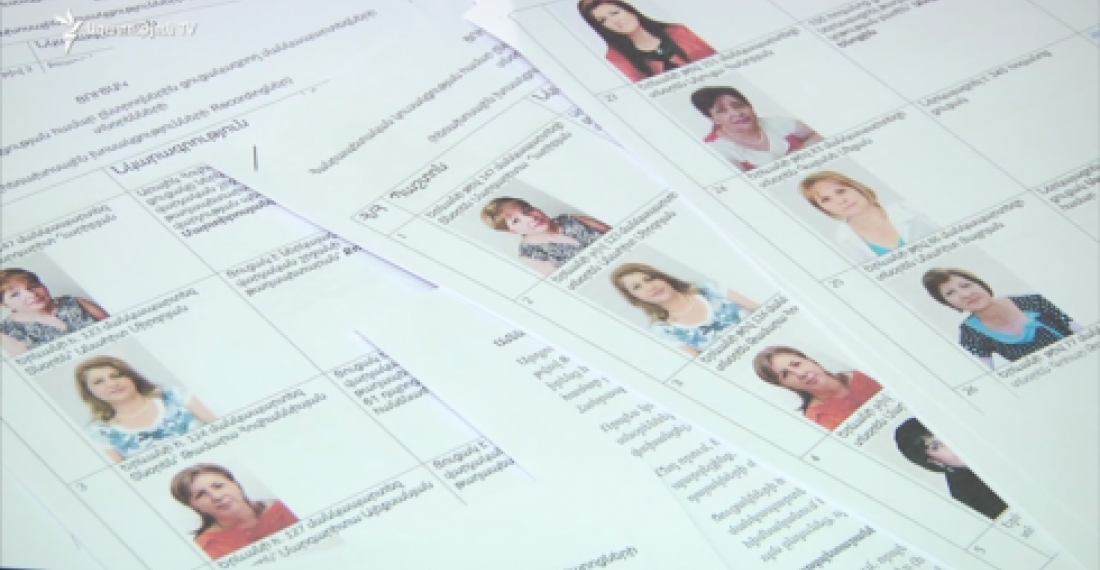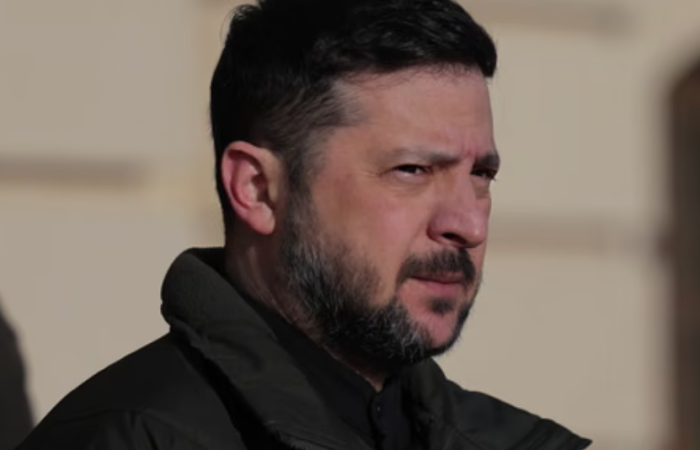The use of civil servants to rally support for the ruling RPA party ahead of elections in Armenia on Sunday has caused concern among opposition parties, but their complaint has been overturned by the Central Elections Commission. Sos Avetisyan comments on developments in this op-ed for commonspace.eu
The old ways it seems, remain the best way for fixing elections in Armenia. This despite the promises to conduct clean elections on April 2nd, and despite significant improvements in the conduct of the pre-election campaign, symbolised best by the appearance of opposition figures on the main TV channel - something unthinkable in previous elections.
The abuse of "administrative resources" has been a recurrent concern in myriads of reports prepared by both local and international election observers in Armenia and in post-Soviet space. However, to date no real investigation as to how these mechanisms play out has been conducted in Armenia.
Last week the Union of Informed Citizens (UIC) broke the pathetic silence of the pre-election period. The simple technic this investigative NGO deployed paid off handsomely. They simply called the school headmasters as well as kindergarten directors who were suspected to be either members of, or affiliated with, the ruling Republican Party of Armenia (RPA), and lured 114 of them into confessing that they had prepared lists of people who were to be coerced to vote for RPA. Furthermore, some of them told the investigative team that they take the lists directly to their peers in the leadership of the regional local administrations.
Whether the canvassing of people by staff of schools and kindergarten is really an effective tool remains a matter of speculation. Armen Grigoryan, an Armenia based analyst and coordinator of Transparency International election monitoring programme, thinks that although this is clearly a violation of the law this sort of canvassing of people is not always working. "At the end of the day people enter into pulling booth alone, and may choose not to vote for the ruling party".
At the same time the investigation of UIC sheds light on a small part of a much larger, well-organized, and often time self-perpetuating network of state employees working for the ruling party. They apart from their taxpayer-supported mundane vocation, turn into an election rigging machine during election time. Aside from vocally criticizing the phenomenon one should also attempt to explain it. The common saying during pre and post-election period in Armenia is that people sell their votes for "5000 drams (ten euros) to 20,000 drams (40 euros)", which is only the part of the story.
In reality, the voting for the ruling party carries one message - people want to ensure their jobs, and secure access to favors. In a country like Armenia, where poverty rate is around 30 percent, and unemployment is 20 percent, being able to retain your job is of paramount importance. The abuse of administrative resources is not only about forcing state-employees to engaging in electoral fraud, but also using the state resources to prop up party-loyal structures such as state universities, youth wings and pro-governmental NGO's. To be sure not only the school teachers, but also the mayors, heads of regions, as well as other elected and appointed bureaucrats engage in similar activity. This is not to exonerate the despicable actions of school and kindergarten directors, but rather to explain why the phenomena is so widespread.
The official reaction from RPA was an acknowledgment of such activities, explaining that the electoral law does not prohibit political agitation after working hours. The Ministry of Education and Science has commented that circulars were sent to headmasters who were involved in the scandal to report on their activity. Nevertheless, consequences, such as firing the directors involved, are unlikely as they would send the wrong messages to RPA loyalists across Armenia.
The opposition was rightly outraged, but only two opposition parties - Yelq bloc and ORO bloc formed around Armenia's ex-defense and ex-foreign ministers - have taken the case to to Central Election Committee (CEC) demanding the cancellation of RPA's participation in the elections based on the acquired evidence. The CEC has dismissed the case as they didn't find there has been any violation of the electoral code, nevertheless, CEC too will send a circular to the directors to ask them to explain their actions. The argument of the CEC for not disqualifying the RPA is that the recordings of the interviews conducted by the NGO were done without the knowledge of the directors, and the formation of the likely-voter lists per se is not considered as political agitation. Only in the case of Gyumri's 37 school director will the case be sent by CEC to prosecutors office, since during the interview the director seriously threatened the investigative group. The opposition is now thinking of taking the case to court.
Perhaps in the long run what the opposition, as well as Armenia's international donors especially the EU and the OSCE, should do is to push for reforms guaranteeing job security for state employers. This is of course easier said than done, given that Armenia gravitates towards a parliamentary system, where the distinction between the state and the party will only blur further. However, without real reform of the legislation regulating the contracts of civil servants and state employees, there is a danger that Armenia will eventually slide into a one-party state.
 Sos Avetisyan is an independent political analyst based in Yerevan. He contributed this op-ed for commonspace.eu
Sos Avetisyan is an independent political analyst based in Yerevan. He contributed this op-ed for commonspace.eu
Photo: Lists of teachers enrolled as part of the RPA election camapaign in Armenia (picture courtesy of RFE/RL)







